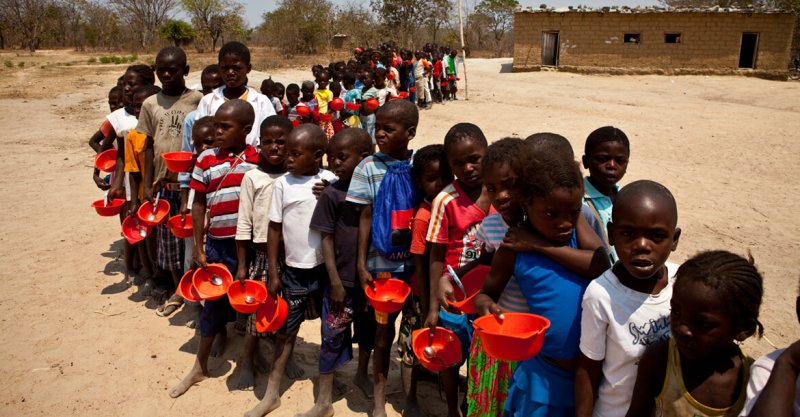The African Union Commission and the Food and Agriculture Organization (FAO), urged African governments to proactively employ science, technologies and innovations – especially biotechnologies – to address food insecurity and malnutrition challenges facing the continent.
…
“African governments should create a favourable policy environment and invest more resources in order for the region to benefit from the safe applications of proven biotechnologies so as to lift vulnerable communities out of extreme food insecurity,” [said Sacko Josefa Leonel Correa, AUC Commissioner for Department of Rural Economy and Agriculture].
FAO Assistant Director-General for the Department of Agriculture and Consumer Protection, Ren Wang, remarked, “It is imperative for Africa to make biotechnologies, knowledge and innovation available, accessible and applicable to small farmers to help them maximize their agricultural productivity while keeping the environment healthy and sustainable. FAO, AUC and partners must find the means to remove the barriers that prevent their accessibility and uptake by family farmers”.
The GLP aggregated and excerpted this article to reflect the diversity of news, opinion and analysis. Read full, original post: AU and FAO speak loud and clear: biotechnologies can be decisive in bridging the food deficit gap in Africa































